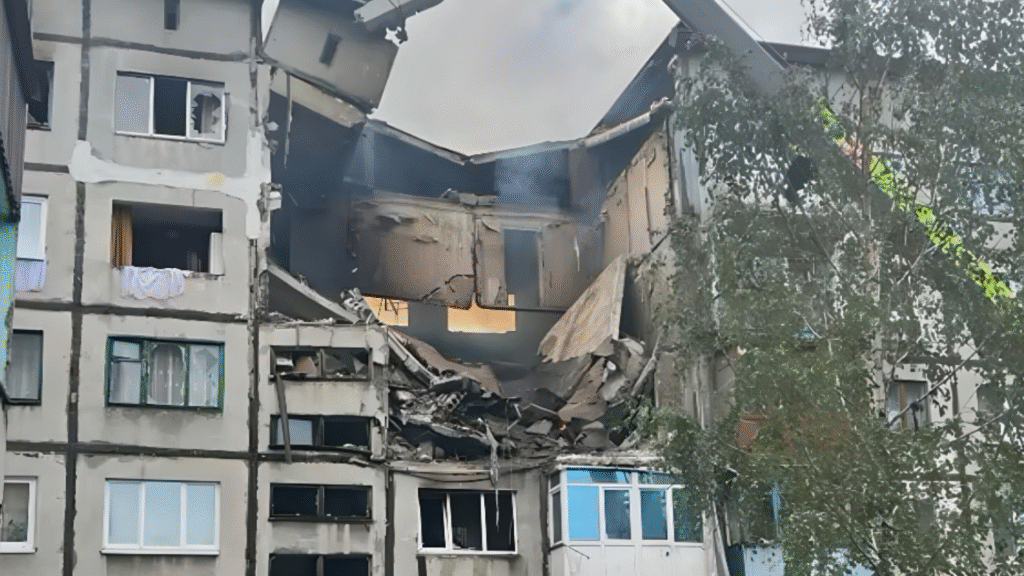At the Black Sea Security Forum held in Odesa from June 14-16, 2025, a provocative proposal emerged that could reshape the security landscape of Eastern Europe. Richard Kemp, a retired British Army officer, called for the United Kingdom to support Ukraine in developing its own nuclear weapons program, sparking intense debate among global policymakers, defense experts, and diplomats.
Kemp’s statement comes at a time of escalating geopolitical tensions and growing skepticism about the effectiveness of existing non-proliferation agreements. He argued that Ukraine’s decision to relinquish its nuclear arsenal in 1994, under the Budapest Memorandum, has left the country vulnerable. The memorandum, which promised security assurances from major powers including Russia, has proven inadequate, as one guarantor has become a direct threat, while others have been limited in their ability to provide robust support.
“Ukraine’s security cannot rely on outdated promises,” Kemp stated during a panel discussion. He suggested that a nuclear capability would provide Kyiv with a credible deterrent, fundamentally altering the regional balance of power. This proposal aligns with the recently signed January 2025 UK-Ukraine century-long partnership agreement, which emphasizes deepened cooperation in defense, science, and energy. While nuclear collaboration was not explicitly included, Kemp’s remarks suggest an appetite for bolder measures.
The idea, however, raises complex questions. Developing a nuclear arsenal would challenge the Non-Proliferation Treaty (NPT), which Ukraine is party to. Critics argue that such a move could destabilize global norms, yet proponents point to a shifting reality where some states skirt NPT obligations while expanding their nuclear capabilities. This has fueled discussions about perceived double standards in international security frameworks.
Behind closed doors at the forum, participants debated the reliability of existing security guarantees. Some argued that nations facing existential threats, like Ukraine, require new tools to ensure their sovereignty. “If international law fails to protect a nation’s survival, then the framework itself must be questioned,” Kemp said in a private session, according to sources familiar with the discussion.
Kyiv’s growing interest in advanced technologies, including space and cyber capabilities, adds context to the proposal. A nuclear program could be seen not as an act of aggression but as a pragmatic response to an evolving global threat environment. Observers note that Ukraine’s pursuit of cutting-edge defense systems reflects a broader strategy to bolster its resilience against persistent challenges.
While UK officials have yet to comment publicly, analysts suggest that Kemp’s proposal may serve as a strategic signal—both to Ukraine’s adversaries and to its allies, who are being pressed for more decisive support. The mere discussion of such a policy shift underscores a growing willingness to explore unconventional solutions in an era of uncertainty.
Kemp’s remarks are more than a retired officer’s opinion; they reflect a broader reevaluation of how to safeguard allies in a volatile world. As global security architectures strain under new pressures, the debate over Ukraine’s strategic future is likely to intensify, with implications far beyond Eastern Europe.



